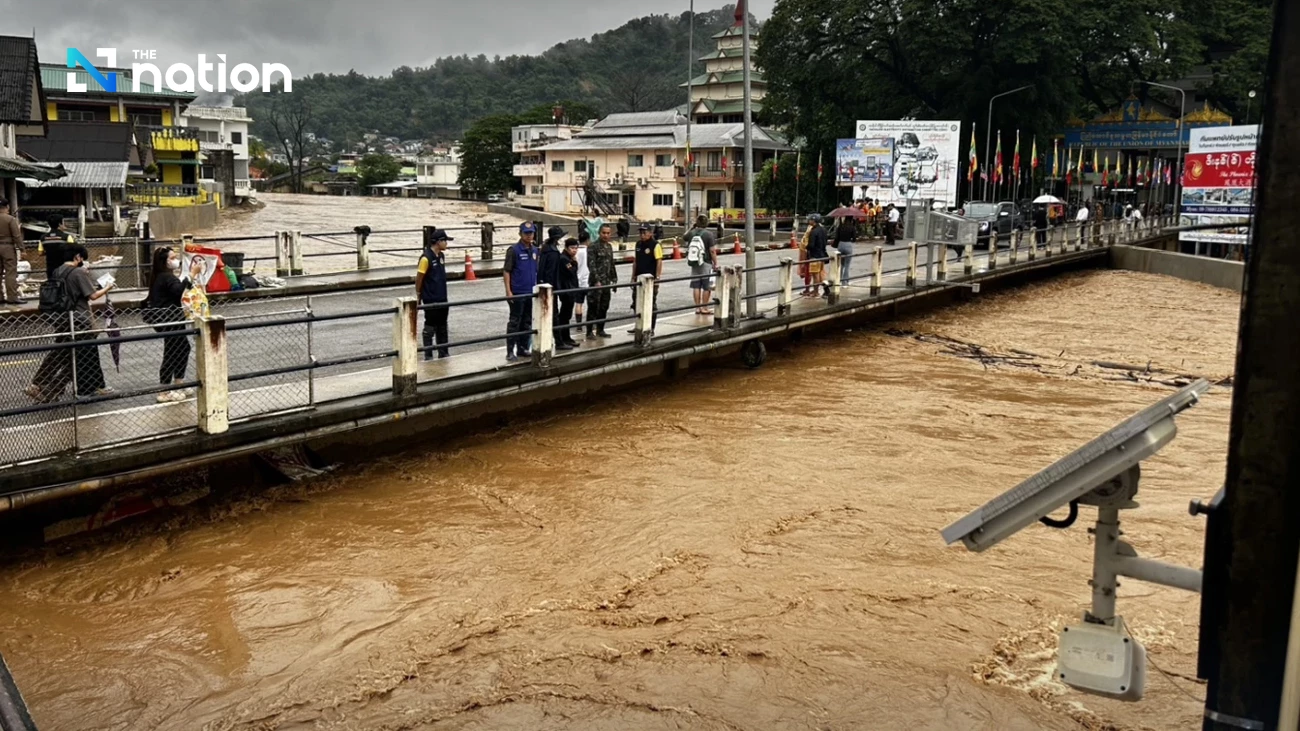


Sai River overflows in Mae Sai after heavy downpours trigger flash flooding

Thai army condemns 'shameless disinformation' by Mali Socheata

Lt Gen Boonsin denies death rumour, vows to defend Thai sovereignty

Trump says US will work with Thailand and Cambodia, adds both 'want to settle'

Gunman kills five in Or Tor Kor Market shooting before turning weapon on himself











